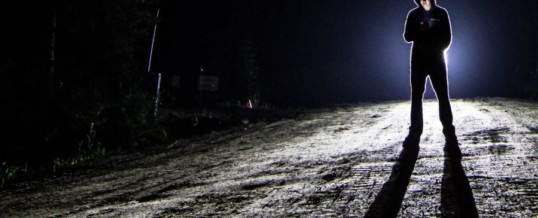
Parents share genetics with their kids. Knowing that can be useful. Our kids’ height, hair color, handedness, blood type: all inherited. But kids can also inherit their parents’ tendency to look on the bright side or to see the cup half-empty; to let things roll off their back, or to worry. Our understanding of how our kids are like us can be helpful – or problematic – or, more than likely, both.
We see countless examples of loving parents who inadvertently reinforce problem behaviors with good intention. They say things like:
- If I don’t call and make his dentist appointment, he won’t do it.
- If I don’t pay her rent, then she will have to pay a late fee.
- She doesn’t want to go to therapy, what am I supposed to do?
- I tell him that I don’t want him smoking pot in my house and he does it anyway. I can’t make him stop.
I write this assuming that you have done your best as a parent. Maybe you see in your child some of your own struggles.
You remember what it was like to feel that anxious – to want to buy that new top and pay your rent.
Maybe you were afraid to make that phone call to the dentist, too.
Or maybe your children share how difficult certain tasks are to them, and you don’t know what to do except solve it for them. You see your child struggling; why wouldn’t you help him or her hurt less?
When we were kids, our parents didn’t really know what was going on with us. They sent us out to play in the morning and expected we wouldn’t come home until dinner. When we got older, we spent as much time as possible with our friends and often hid things from our parents.
Some of that was not so good, and regardless it required us to learn those lessons on our own. In this generation of parents, many have a different kind of relationship with their children. They are closer, more aware than ever of how hard the challenges of growing up can be. But maybe that closeness, or clearer understanding, is not always helpful.
Sometimes we try to solve the problems for our adult children because we don’t want them to feel as anxious, or helpless or as overwhelmed as we did. Sometimes identifying with our kids, without even knowing it, prevents them from figuring out things out on their own.
It is true that at some point parents cannot make adult children do things differently. We can however, make the environment slightly more uncomfortable to help the young adult child be more ready and willing to change.
We may think we’re making them uncomfortable by sighing heavily as we walk past while they are doing (or likely not doing) something we find objectionable. Maybe we get to the point where we yell and scream. But my guess is that if you have read this far, those tactics haven’t worked. They might have worked with your other children, which is even more maddening, but not this child. What else could you possibly do to help?
At CEBTOhio, we have seen many families in this kind of distress. Well-meaning, loving, attentive parents who work diligently to help their young adult children grow, yet no amount of attention seems to create change that sticks.
At times, changes are promised, and even seem to happen, lasting for a few days or maybe a week. Then the pace of change winds down to a halt. We hear, “What are we supposed to do now?”
We are working with parents to help answer that question. The solution is not the same for every family, and solving problems is never simple. As I overheard someone explain it at a conference, our goal is to “teach people to work differently, not harder.”
Consider talking to someone with an outside perspective who can guide you on what different at home looks like for your adult child and for you.
CEBTOhio is offering “Helping Young Adults Get Unstuck: A workshop for parents,” an introduction to this kind of work, from 10 am-2 pm on Saturday, Nov. 9. Registration and details are at cebtohio.com.
If you’re just beginning to consider what to do next, or if you’re stuck in place with how to make changes, please begin by talking this through with someone you trust. Bottom line is to remember that parenting is hard enough without these challenges; there is help with the next steps. You are not alone.
Photo by Lionello DelPiccolo on Unsplash
OCT

About the Author:
Dr. Lucene Wisniewski is an internationally recognized leader in eating disorder treatment and Dialectical Behavior Therapy, with more than 25 years of clinical and training experience. She may be reached for consultation through the "contact" page on this website.